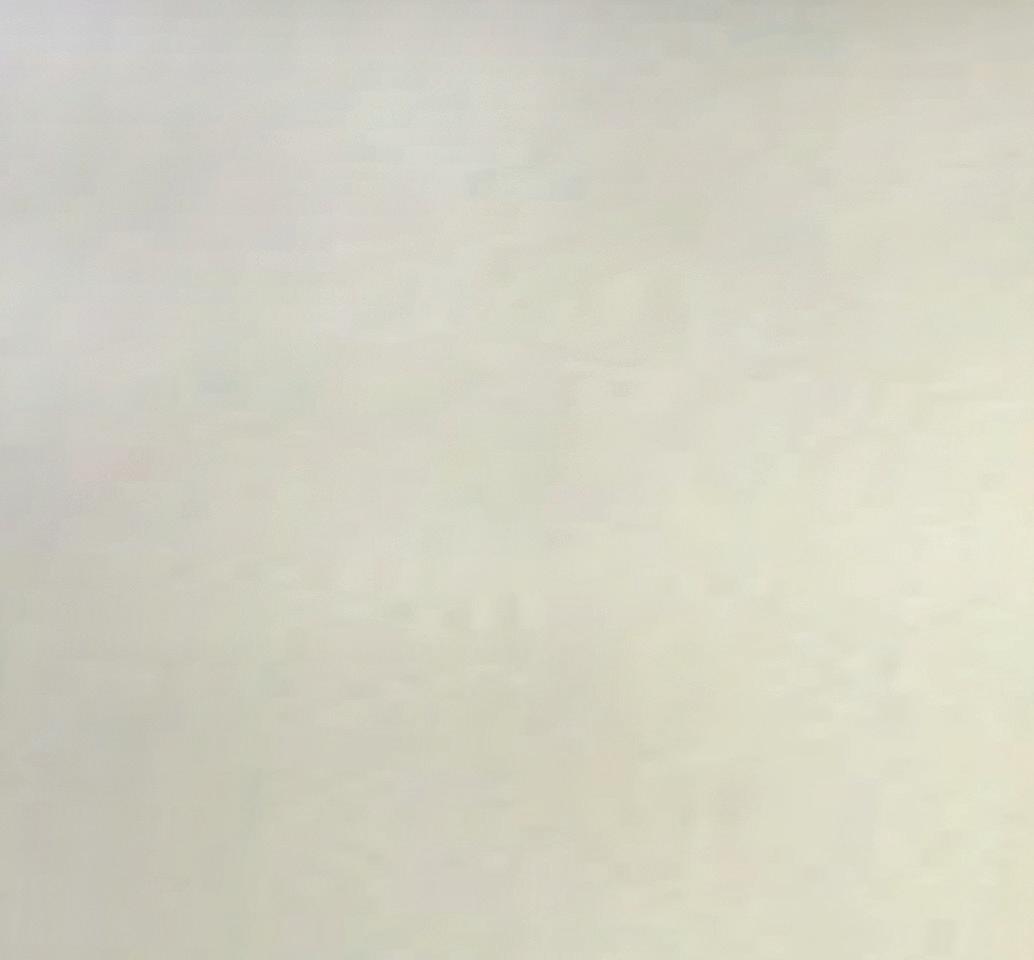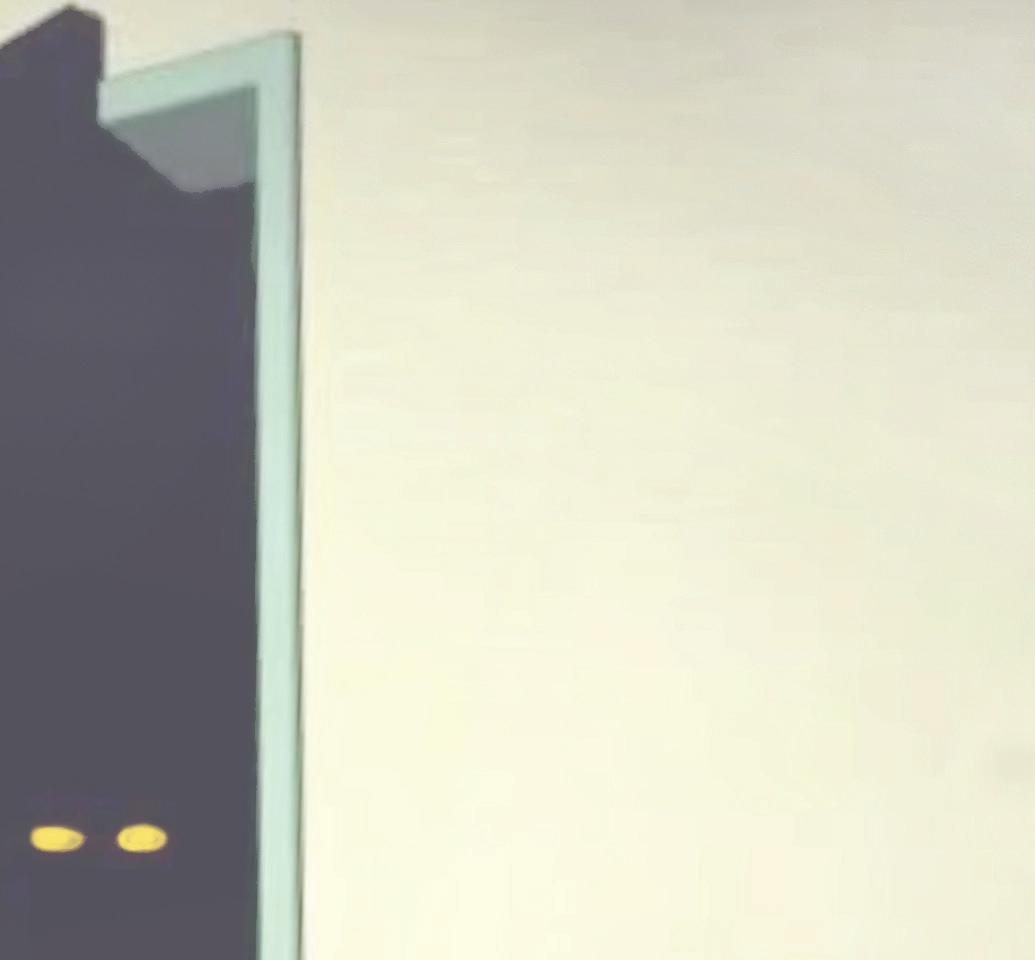
3 minute read
Monster in the Closet
Wyatt, my three-year-old son, is one hundred percent certain that monsters lurk in the world. We spend hours stalking our yard, armed with water guns, to dispatch with these beasts. “C’mon, Mommy. A Purple Volcano Monster! Get it!” Sometimes I’m not entirely sure what we are shooting at—but Wyatt is, as we hide behind trees and give chase to unsuspecting bunnies. Bedtime routine is a breeze…until the monsters emerge at lights-out. Usually, as I leave Wyatt’s room, he whimpers an inaudible concern into the dark and then drags every blanket he owns up over his head, no matter the room temperature. The scene always reminds me of that Calvin and Hobbes cartoon strip where Calvin leans over the bed to ask: “Any monsters?” Only to hear an alarming response: “No, go to bed.” Sometimes Wyatt’s fear is less about the imaged and more about the unknown. Thanks to the pandemic, Wyatt is a little light on the rules of life: playdates, museum etiquette, shopping. One day, when I took him to buy a new coat, he panicked: “But I like my coat. I want my coat!” On a sales fl oor stuffed with new merchandise, it seemed like I was replacing his favorite coat with some randomly selected garment. Helping Wyatt manage his fears turns out to be an odd chicken/egg exercise exploring the interplay between experience and expression. “I’m a little serious,” he once informed me when asked why he was afraid to use the potty. My face wrinkled in confusion. “Then I’m lonely?” he guessed again. We need a clear vocabulary to help pinpoint the particulars of each feeling before we decipher between the rational and irrational—and quite honestly, that entire system is infl ux. Ultimately, the goal is to help Wyatt distinguish real fear (on-coming traffi c!) from fantastical fear (dragons!). A process that makes the world less awesomelyimprobably-magical and more predictably-manageably-dull. It’s a trade-off—but worth it (I think).

by Director of College Counseling Corie McDermott-Fazzino


Just as Wyatt is absolutely certain that monsters lurk in the world, so too are some of our college counselees absolutely certain that the college process is a drooling, fanged fi end. More than one student ostriches under the covers in avoidance. If I stay under here, maybe the essay prompts will go away? I can appreciate this fear. The college process asks students to lay it all out there and be judged, then accepted or rejected. That does seem monstrous. But at the end of the day, no one is literally gobbled up by an exercise meant to plan for the next stage in life. Part of defanging the college beast includes teaching the students about the higher education marketplace. While applying to college presents as a purely academic evaluation, it is just as much a business decision serving many masters. The student is both customer and product in an unfathomably expensive sale. Part of it is about helping them navigate the unknown: Should I apply there? Will I get in? Will I get a job? Someone please tell me what will happen! If only we had a crystal ball. But most of it is about being present, spending countless hours with students who are eyeball deep in self-refl ection and choices. We encourage them as they confront questions about identity, background, and interests. We provide honest feedback about admission chances and possible outcomes. We help them distinguish between irrational (rejection is death!) and rational (college is expensive—do the Net Price Calculator) fears. Sometimes the college journey feels like all detours, like wandering around the yard hunting for something that may or may not exist. A few weeks back, Wyatt awoke to a loud crash in the early twilight hours. As I entered his bedroom to console him, he wondered aloud, “Do you think that was a truck, Mommy?” He was scared, but he had a hunch that he shouldn’t be. “Garbage truck,” I replied pointing out the window towards the campus maintenance shed.
Another monster exterminated. Another fear assuaged. With that, Wyatt scrubbed his face in the pillow and settled in for a few more hours of rest before he had to start his day.
Visit the College Counseling News page on the School website to read more from our counselors, including “What is College Worth?” by Corie McDermott Fazzino and “The Do’s and Dont’s of College Counseling” by Dr. Michael Bonin.










